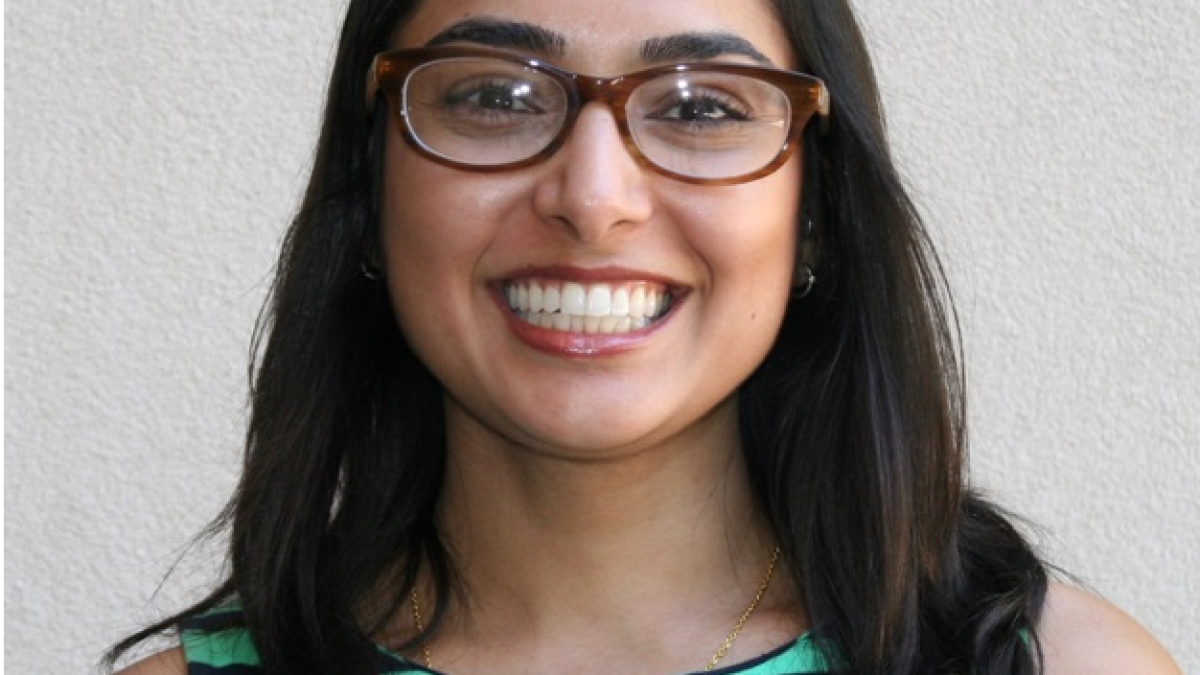Politics of equality fuel professor's inquiries into society

Natasha Behl credits much of her career development to her undergraduate experience at Smith College in Northampton, Mass., where she says two female faculty of color helped her to realize that academia was a real option for her.
The assistant professor of political science in ASU’s New College of Interdisciplinary Arts and Sciences, who holds a doctorate from the University of California, Los Angeles, believes that everybody deserves the same chance at an education, regardless of their socio-economic background.
“I entered into this career for the opportunity to mentor, teach and inspire students,” Behl says. “Especially those who are underrepresented in higher education.”
Behl comes to ASU from Occidental College, where she served as a visiting assistant professor of politics. Previous appointments include one as a postdoctoral fellow at Colorado College and as a doctoral fellow at the College of Wooster. Her research focuses on the effectiveness of democracy in a society where substantial inequality exists between different identities.
In 2009, Behl published an article in The Journal of Punjab Studies, titled “Uniformities and Differences of a Sikh Nationalist Identity: Opinions and Practices of Ordinary Sikhs.” She has several more articles in progress that explore similar topics on race and comparative politics, as well as a book, titled “Politics of Equality: Difference-Blindness and Indian Democracy.”
“Through my research, I invite students to question their unexamined assumptions, imagine realties outside their own and move beyond their comfortable frames of reference,” Behl said. She cites her course, Everyday Forms of Political Resistance, as a means of challenging conventional notions of the “political” to help students better understand the overlooked politics of marginalized groups.
“The course explores U.S. hip-hop and third world women’s writing as manifestations of political resistance,” she explains. Behl prefers to employ learning tools such as music, poetry and personal narratives along with the more traditional academic writings into her syllabus.
Behl looks forward to teaching and conducting research at ASU, which she describes as “one of the few institutions in the nation that truly serves the public by providing a quality education that is accessible to all students.”